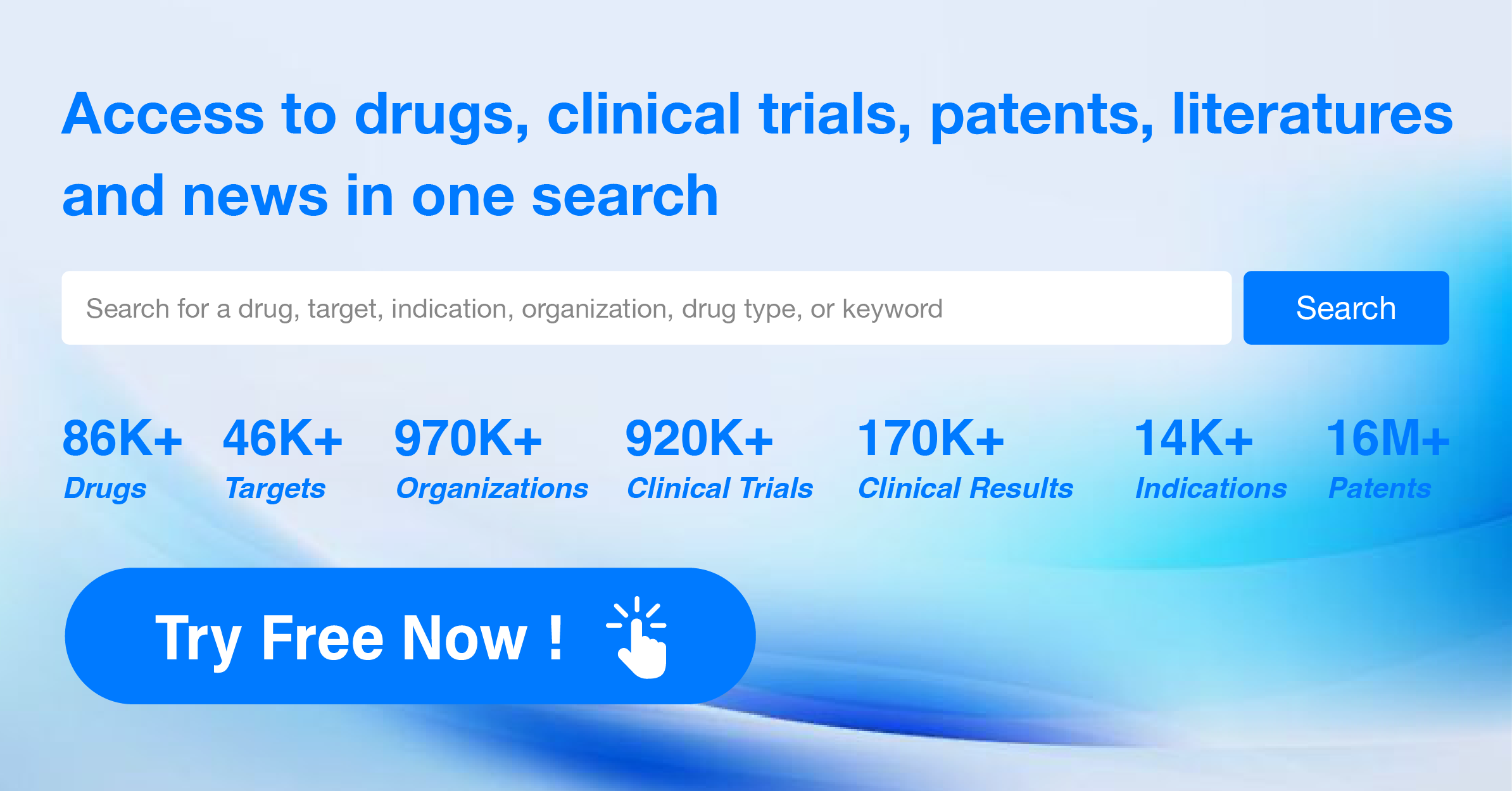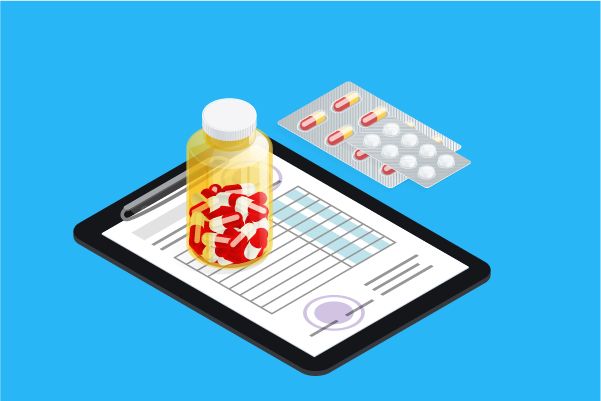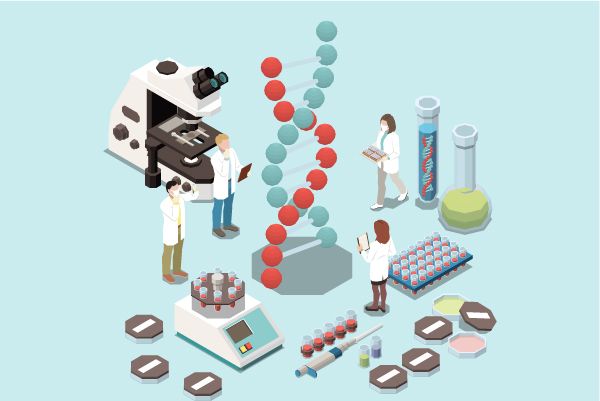The Dramatic 24 Hours of Hengrui Pharmaceutical
For Hengrui Pharmaceutical, the recent developments have been a mix of highs and lows.
On the evening of the 16th, Hengrui announced a collaboration deal: granting Hercules Pharmaceuticals (USA) the global rights outside of Greater China for the development, production, and commercialization of its GLP-1 combination. Hence, Hengrui will receive a $100 million milestone payment and is eligible for additional clinical, regulatory, and sales milestone payments, as well as sales royalties. Another innovative aspect of this deal is that Hengrui also acquired a 19.9% equity stake in Hercules Pharmaceuticals as part of the consideration.
However, before the market could fully absorb this positive news, on the evening of the 17th, a piece of "bad news" arrived—programmed cell death protein 1 (PD-1) inhibitor carrelizumab (trade name: Erica®) and Rivoceranib (domestic product name: Apatinib, trade name: Etan®) in combination (hereinafter referred to as "Double Ai" combination) received a Complete Response Letter (CRL) from the FDA.
How serious are the issues pointed out in this "rejection letter"? Does the "Double Ai" combination still have hope for approval in the US market?
The GLP-1 combination includes three pipelines: the oral small molecule GLP-1 receptor agonist HRS-7535; the polypeptide GLP-1/GIP dual receptor agonist injection and oral HRS9531; and the next-generation incretin-based product HRS-4729.
From a clinical progression perspective, both HRS-7535 and HRS9531 are currently undergoing Phase II clinical trials, with results expected to be read out in the second half of this year. In contrast, HRS-4729 remains a preclinical drug.
The most popular indication for GLP-1 at present is undoubtedly weight loss. Conveniently, both HRS-7535 and HRS9531 are being positioned for this indication, and as mentioned above, results will soon be available.
Thus, the first question is whether this deal is worth it. Although the deal is declared to be worth $6 billion in total, Hengrui is confirmed to receive only a $100 million upfront payment. The remaining over $5.9 billion consists of uncertain milestone payments dependent on future clinical progress, which can be seen as a "pie in the sky."
Currently, early-stage data are the only reference for the weight loss efficacy. In their respective Phase I clinical trials, both HRS-7535 and HRS9531 demonstrated consistent weight loss effects.
At 29 days, HRS-7535 reduced participants' body weight by 4.38 kg (6.63%) from baseline; after 4 weeks of administration, HRS9531 (0.9-5.4 mg) reduced average body weight by 4.3-7.7 kg (6.7%-9.3%), with the maximum reduction being 8.0 kg (10.0%).
Weight loss represents a trillion-dollar market. Goldman Sachs Group estimates that by 2030, the global weight loss drug market will reach approximately $100 billion. The market generally anticipates that Eli Lilly and Novo Nordisk will dominate the vast majority of the weight loss market by then.
Eli Lilly's GLP-1/GIP/GCG triple agonist retatrutide reduced patient weight by 24.2% at 48 weeks; the GLP-1/GIP dual agonist tirzepatide achieved a 22.5% weight reduction at 72 weeks. Novo Nordisk's Wegovy showed a -14.9% weight reduction after 68 weeks of treatment.
In addition, strong entrants such as Amgen and Viking are bolstering the GLP-1 pipeline, making the competition fierce.
Whether this is worthwhile can only be verified by clinical results. Industry insiders estimate that even if only one product succeeds, it could potentially generate over $6 billion in revenue.
Furthermore, the novelty of the transaction lies in its structure. Hengrui acquired part of the counterpart company's equity. The counterparty, Hercules, is a newly established company as of April this year. Apart from Hengrui, other shareholders are primarily venture capital and funds, making Hercules appear more like a middleman waiting to sell the pipeline to a multinational corporation (MNC) upon obtaining certain clinical results.
Hengrui learned from past mistakes. In August of last year, Aiolos acquired the SHR-1905 pipeline from Hengrui for $25 million in upfront and near-term milestone payments. Just five months later, they resold it to GSK, making a profit of over $900 million.
This time, by acquiring equity, even if Hercules decides to resell, Hengrui will still secure its share of the benefits.
Not Only CMC, But More Severe Issues.
Compared to this, the "Double Ai" combination, the predecessors in overseas markets, have encountered some troubles. The "Double Ai" combination refers to the PD-1 inhibitor carrelizumab and Apatinib. In October last year, Hengrui announced that it would license out the rights for the hepatocellular carcinoma indication outside Greater China and South Korea to Elevar Therapeutics, with a total transaction amount exceeding $600 million.
According to Hengrui's announcement, the FDA conveyed two primary concerns in the Complete Response Letter (CRL): First, there are Chemistry, Manufacturing, and Controls (CMC) issues. The FDA stated that it would conduct a comprehensive evaluation based on the company’s complete response to the inspection deficiencies at the manufacturing site. Second, there are clinical inspection issues. Due to travel restrictions in some countries, the FDA was unable to complete the necessary clinical inspections within the review period.
A CRL does not imply that the drug has no possibility of subsequent approval. More accurately, it means that the FDA found issues during this review, and these issues caused the application to be disapproved this time.
The issues can be significant or minor. Common problems include: manufacturing site deficiencies, quality and stability issues, drug safety/efficacy concerns, bioequivalence of generics, erroneous statistical data, and labeling issues.
In most cases, production/management-related issues can be corrected, compared to safety and efficacy problems. For example, in May 2022, Junshi Biosciences also received a CRL that required them to make a change in their quality control process. Shortly after, Junshi Biosciences resubmitted the marketing application, and Toripalimab was eventually approved for market in the U.S. in November of the same year.
Hengrui might need to be more concerned about the clinical inspection issue.
The "Double Ai" combination’s Phase III study on hepatocellular carcinoma, CARES-310, was conducted in 95 research centers across 13 countries and regions worldwide. A total of 543 patients participated, who were randomly assigned to receive either the "Double Ai" combination treatment or the control group treatment with Sorafenib.
According to ClinicalTrials.gov, this Phase III trial established 8 sites in Ukraine and 13 in Russia. The CARES-310 study began on June 28, 2019, and was primarily completed on February 8, 2022. However, less than 20 days later, the Russo-Ukrainian War broke out. At this point, Hengrui Pharmaceuticals (Hengrui) had a stroke of luck, albeit short-lived.
On the same date, May 17, the Russian Ministry of Defense announced that in the past week, Russian forces had taken control of 12 settlements in the Kharkov region. Kharkov, being the second-largest city in Ukraine, hosted two trial sites of the “AI combination” study.
Some individuals have been critical of Hengrui for conducting clinical trials in Ukraine. However, this criticism is based on the reality of the ongoing Russo-Ukrainian War.
Following the disintegration of the Soviet Union, Ukraine inherited a “medical legacy” — an advanced healthcare system, efficient regulatory approval processes, extensive clinical research experience, and numerous clinical professionals trained in GCP (Good Clinical Practice) standards.
The research data from Ukraine is recognized by both the FDA and EMA, coupled with the local cost of living, making Ukraine— Highly cost-effective. When the war broke out, many were concerned about the clinical research being conducted in Ukraine. Reportedly, Ukraine had around 2,500 public healthcare institutions and approximately 500 ongoing clinical trials each year.
At that time, Ukraine had at least 680 ongoing or planned clinical trials, most of which were global multicenter drug clinical trials.
Elevar's Korean parent company, HLB, stated that these issues were not fundamentally problematic. Hengrui also noted in an announcement that it would maintain close communication with regulatory authorities and promptly resubmit its marketing application.
However, Hengrui is uncertain about when travel restrictions will be lifted and has no control over this.
Since 1970, Hengrui has weathered over 50 years of challenges and trials. During the tumultuous periods impacted by China's drug procurement system, Hengrui endured the pains of transitioning from generic to innovative drugs.
As of today, the influence of the procurement system has gradually waned, and Hengrui's reliance on generic drugs is expected to further decrease in the future. Simultaneously, the innovative pipeline has begun to yield results. By April 2024, Hengrui has launched 16 Category 1 innovative drugs, has 7 innovative drugs in the NDA stage, and 15 drugs in Phase III clinical trials.
Additionally, Hengrui's international expansion has also been notable. In 2023, Hengrui entered into 5 licensing agreements with various overseas pharmaceutical companies, with total transactions exceeding $4 billion. Notably, the collaboration with Germany's Merck on the PARP inhibitor and Claudin 18.2 ADC brought Hengrui €160 million in upfront payments and €40 million in technology transfer fees, with total transaction values reaching up to €1.4 billion.
Expanding internationally is never an easy task, and there are both successes and failures. After absorbing past experience, we can observe Hengrui's strategic growth in business development deals. Good clinical projects are like gold—they are destined to shine.
How to obtain the latest research advancements in the field of biopharmaceuticals?
In the Synapse database, you can keep abreast of the latest research and development advances in drugs, targets, indications, organizations, etc., anywhere and anytime, on a daily or weekly basis. Click on the image below to embark on a brand new journey of drug discovery!




